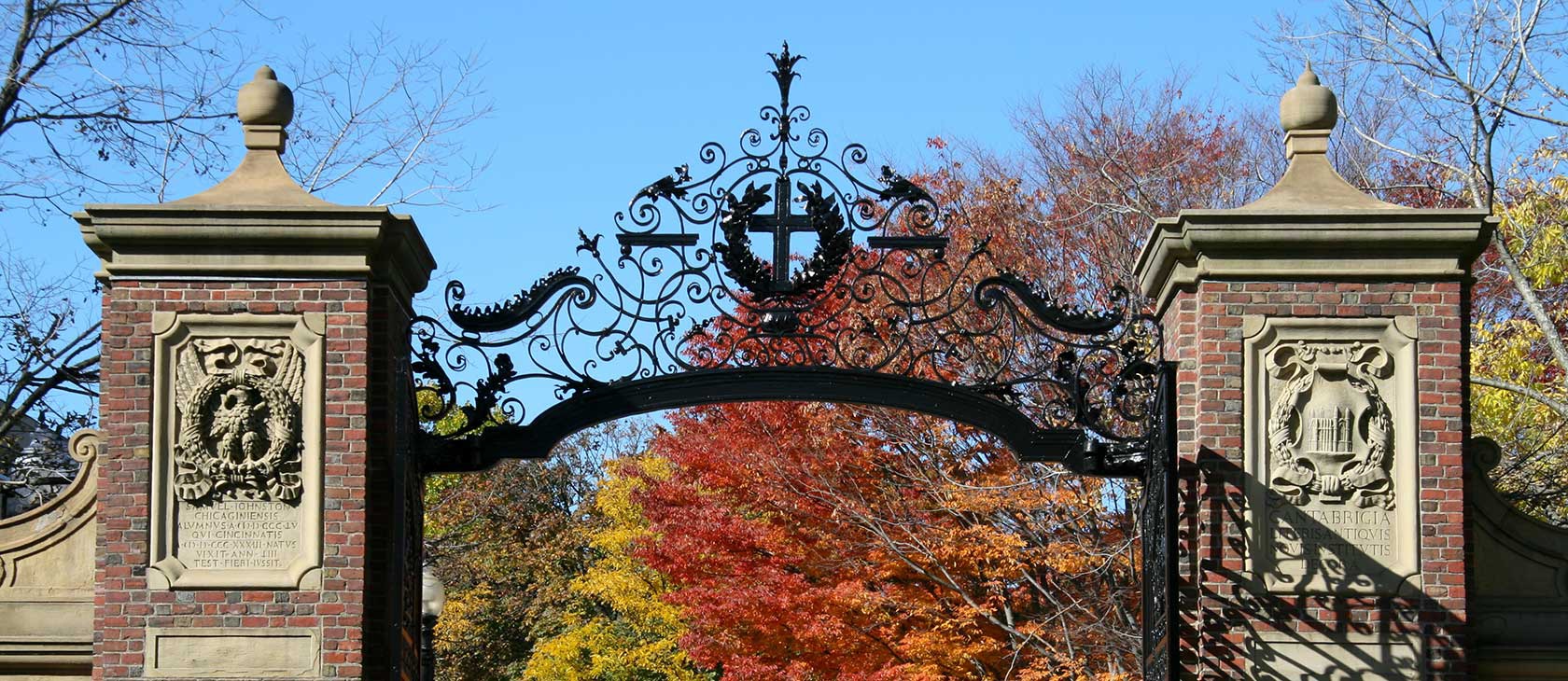The notion that there is a crisis in academia, and the ensuing desperate calls for reform, are as old as institutional education itself. From Plato’s Republic, to Rousseau’s Emile, down to present day calls for “free” tuition and student loan forgiveness there is never a shortage of imaginative, sweeping and, often, ultimately dangerous solutions to this perennial problem. Lord Acton spoke of this impulse in his essay on “Nationality,” and his wisdom is equally applicable to the contemporary question of education: “The office of the poets is always nearly the same, and there is little variation in the features of their ideal world; but when philosophers attempt to admonish or reform mankind by devising an imaginary state, their motive is more definite and immediate, and their commonwealth is a satire as well as a model.”
A satire, indeed. What is it about our present circumstances that has made education the focus of our own philosophers’ and politicians’ preoccupation? Thirty years ago, 24 percent of men and 17 percent of women in the United States had completed four years of college or more; today just over 34 percent of men and just over 35 percent of women in the United States have similar levels of educational attainment. Elementary and secondary education has been both “free” (publicly funded) and compulsory in the United States for more than a hundred years. More people have more access to schooling than ever before.
Those who complete high school earn on average over 30 percent more in median wages than those who do not, and those who complete a bachelor’s degree earn over 60 percent more in median wages than those who complete high school. Median rates of unemployment also decline with educational attainment. This would seem to be an unalloyed success. More people than ever are receiving more schooling than ever, and that schooling seems to pay real dividends.
But we have yet to count the cost, and here is where the real satire comes in.
Those costs – for primary, secondary, and college education – have risen dramatically over the past 30 years. These rising costs have been most dramatic in four-year institutions of higher learning where tuition and fees, in both private and public colleges and universities, have more than doubled. In the face of such steeply rising expenses, there are calls for both increasing subsidies to colleges and universities (sold to voters as “free tuition”) and the blanket forgiveness of student loan debt.
These initiatives, while well-intentioned, would only aggravate the problem by ignoring the underlying economic causes and perverse incentives which have led to this crisis. One of the elementary principles of economics is that all prices are relative prices. Prices are the results of innumerable consumer choices among vast combinations of goods and services. Bells and whistles aside, while there have been massive gains in the productivity of the manufacturing and agricultural sectors resulting in increasingly affordable durable goods and food, education is provided in much the same way it always has been. In a wealthy society such as ours, where the potential returns on a college education are so large, why should we not expect prices in education to continue to rise without productivity gains?
In short, more money cannot solve this problem and would only exacerbate it. Continuing to shore up the current broken system will only guarantee its continued degeneration and reduce the incentives of entrepreneurs to apply their time, energy, and talents to this pressing problem. What is desperately needed is entrepreneurial innovation, a new and more productive way of teaching and learning. As long as education is captured by politics, risk averse bureaucracy, and unions, this can never happen.
Photo license (CC BY-SA 2.0).








